Wear refers to the gradual damage and material loss from solid surfaces due to mechanical or chemical factors. Protecting industrial equipment, such as storage tanks, process piping, aggregate chutes, and pumps, with protective coatings or sacrificial layers can significantly extend their service life. This is essential to counter mechanical (impact, erosive, abrasive) and chemical (corrosive) wear, which can affect equipment efficiency and maintenance schedules.
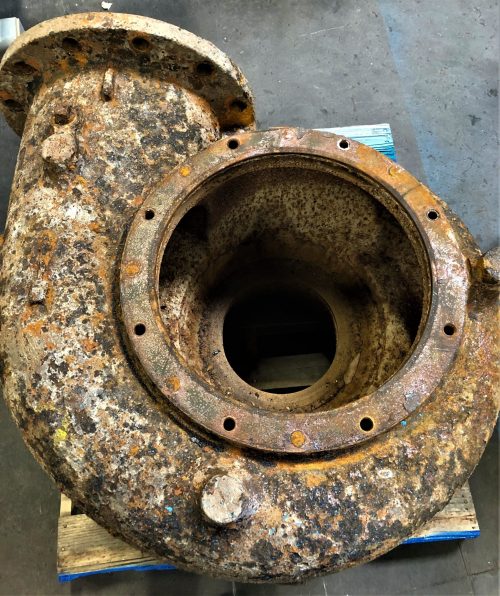
Wear Resistance
Different types of wear require specific protective measures. Here, we focus on the four main types of wear affecting industrial equipment:
-
Impact Wear occurs when solid materials fall and hit a surface at a perpendicular angle, such as in aggregate mines. The impact energy depends on the object's mass and fall height. Effective coatings for impact wear include specialty epoxies and polyurethanes, which absorb impact energy and can be applied in varying thicknesses. For high-velocity impacts, thick polyurethane coatings are ideal, while high-impact energy levels are best managed with specialized epoxy systems like Devcon’s DFense Blok.
-
Erosive Wear is caused by wet slurries—mixtures of solids and fluids pumped through piping. The degree of wear depends on the slurry's solid content and particle size. Suitable coatings maintain smooth surfaces and withstand high-velocity particle movement. Inside pipes, thin coatings like Devcon urethanes and Flexane 80 Liquid maximize flow volume. For high-temperature or corrosive slurries, epoxy coatings are best. If the slurry is mainly aggregate and water, polyurethane coatings are more practical.
-
Abrasive Wear results from dry materials moving over a surface, typically due to shaking, forced air, or gravity. This aggressive wear can quickly cause equipment failure. Effective protection against abrasive wear includes beaded epoxy systems like Devcon Wear Guard High Load, which use ceramic fillers in a strong epoxy matrix. These fillers and additives enhance the coating's durability, extending the period between maintenance.
-
Corrosive Wear is due to chemical reactions between the material and the equipment surface, influenced by the material's chemical nature and environmental conditions. Protective coatings, such as Devcon Epoxy Coat 7000 AR (Acid Resistant), are essential to prevent corrosion. These coatings provide chemical resistance and flexibility, and a thin layer is often sufficient for protection, reducing costs and application time.
Conclusion
Wear on industrial equipment is a widespread issue affecting many markets. Protective coatings, like those from ITW Performance Polymers, are vital for extending equipment life, reducing emergency shutdowns, and maintaining efficient operations. Understanding wear types and selecting the appropriate coating can save time and money. Devcon coatings offer reliable solutions for various wear conditions.
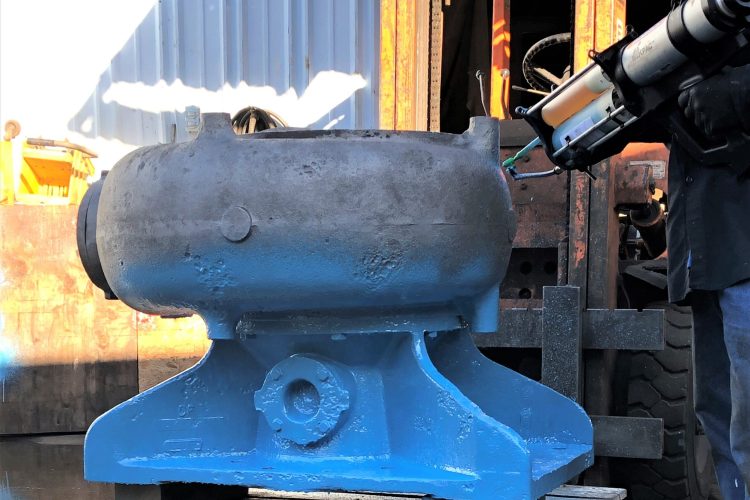

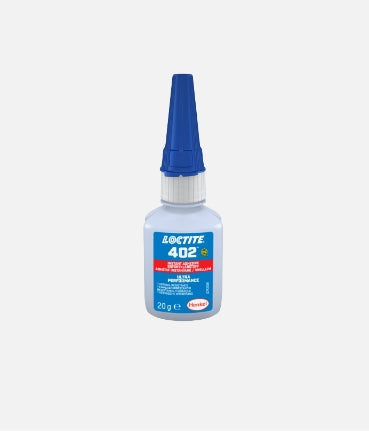
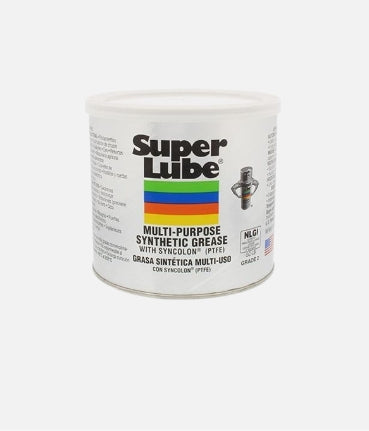
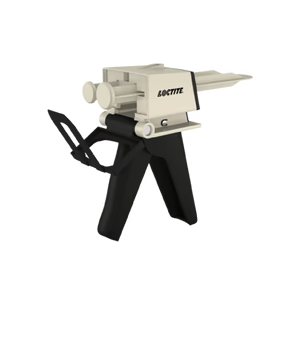
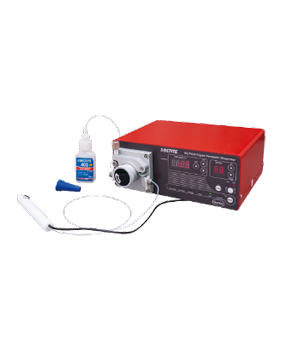



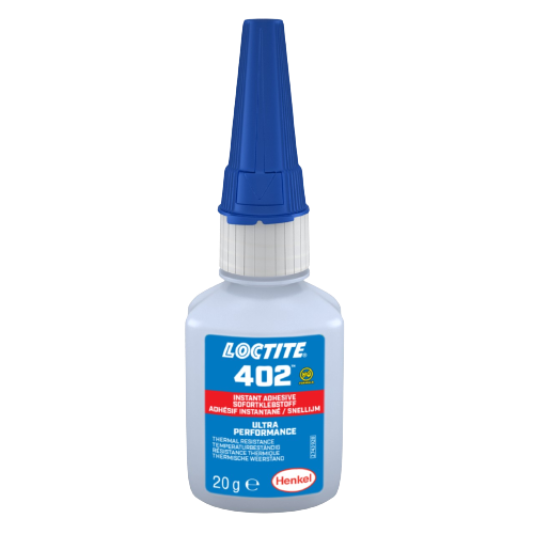
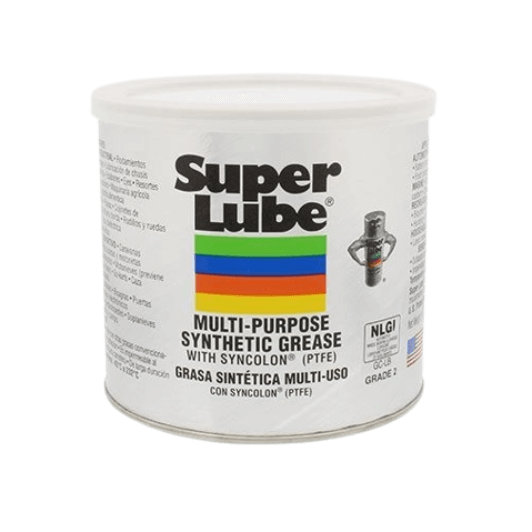
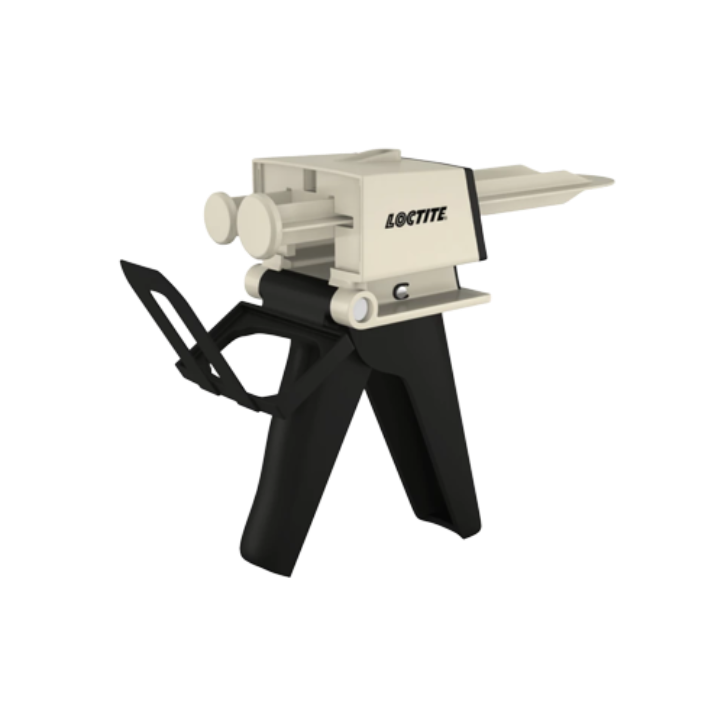
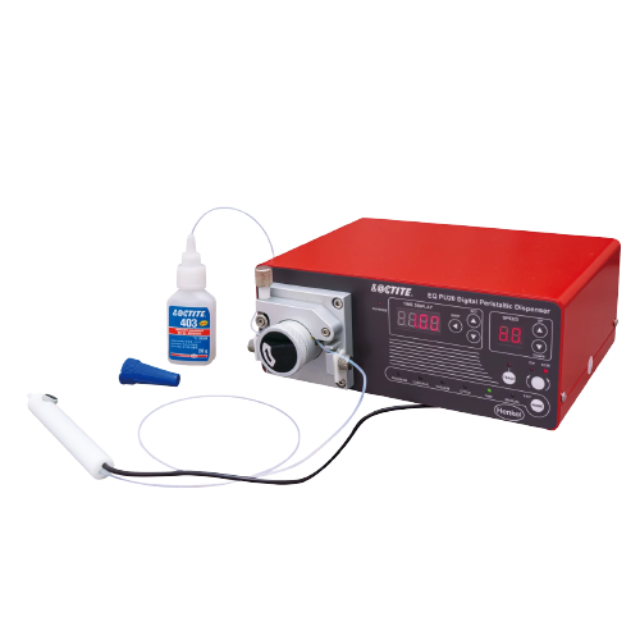
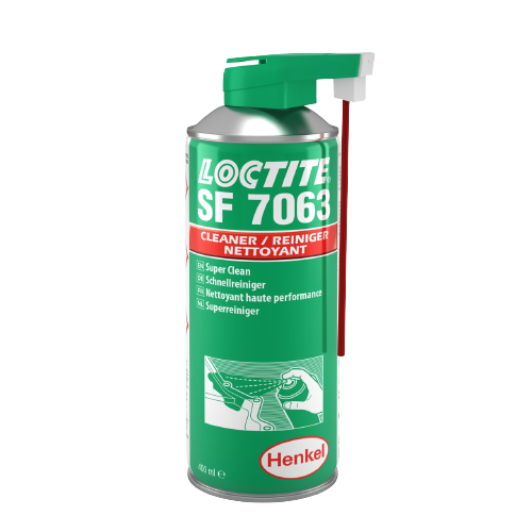
Leave a comment
All comments are moderated before being published.
This site is protected by reCAPTCHA and the Google Privacy Policy and Terms of Service apply.